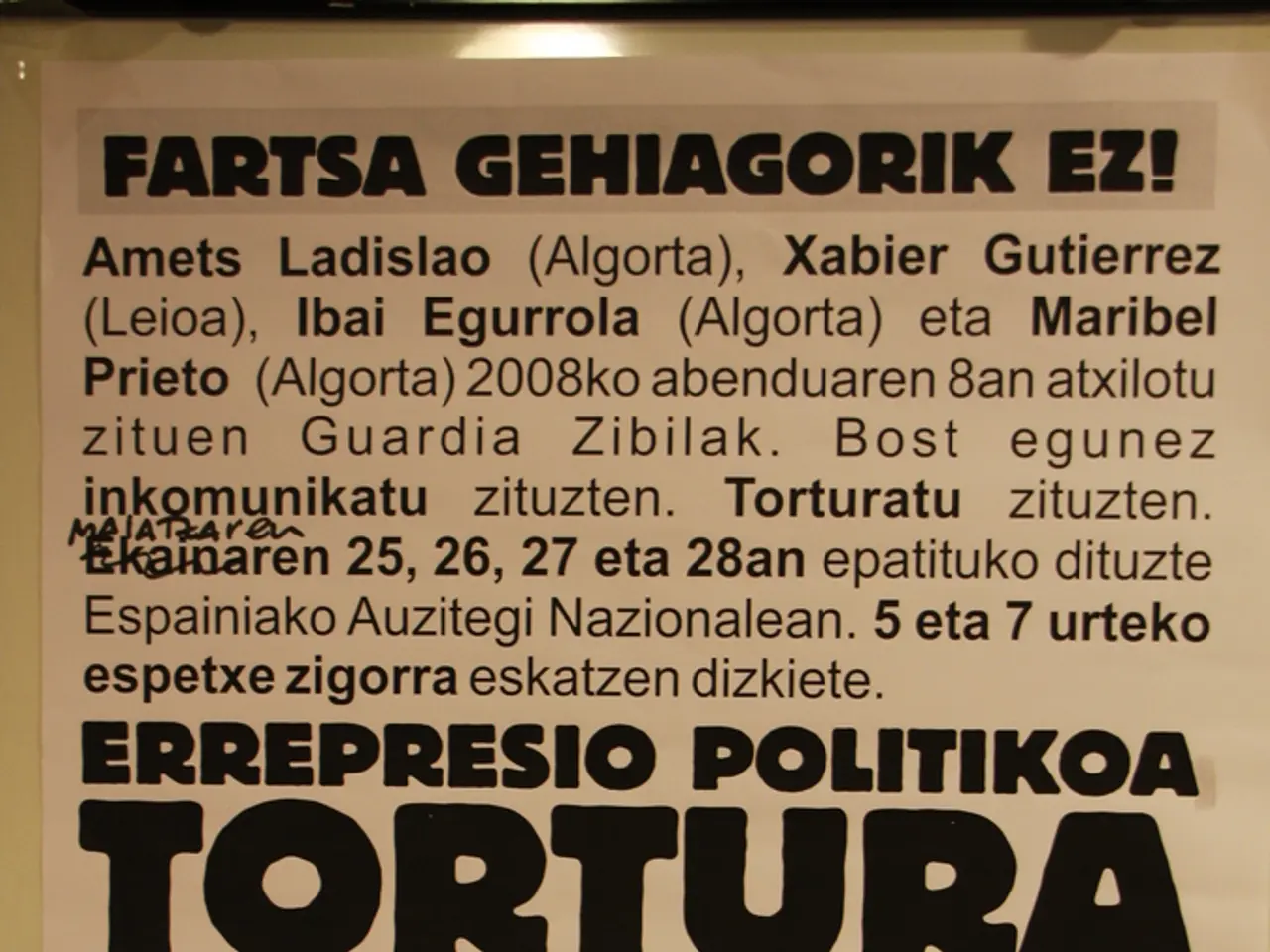Tragic wildfires in Spain result in 3 deaths and the search for 30 alleged culprits, marking a grim record.
Spain Battles Historic Wildfire Season
Spain is currently grappling with one of its worst wildfire seasons on record, with over 115,598 hectares scorched in August alone. The emergency response has involved thousands of firefighters, aerial firefighting units, and support from the Military Emergency Unit and reinforcements from several European countries.
The wildfires, primarily triggered by a severe heatwave combined with dry conditions and limited forest management, have heavily impacted northwestern regions. Notable affected areas include Galicia, Castilla y León, Extremadura, and Asturias. Some of these fires have burned tens of thousands of hectares each, such as the Sierra de la Culebra fire in Zamora, which burned over 306,555 hectares in 2022.
The Guardia Civil has detained or is investigating over 30 people in connection with the wildfires. A 46-year-old man from A Gudiña, Orense, was arrested for starting two blazes while clearing land under extreme fire risk conditions.
The health of firefighters has also been a concern. Cardiovascular diseases, cancer, respiratory pathologies, mental disorders, and autoimmune diseases are among the health problems faced by these brave individuals. Juan Carlos Martínez, head of Firefighters CSIF Community of Madrid, states that the life expectancy of firefighters is almost a decade less than that of the general population, mainly due to the toxic gases they inhale.
The wildfire season is testing the resilience of communities and emergency services. The opposition People's Party (PP) claims the government refused to hire additional firefighting aircraft, a claim denied by Moncloa. Despite these challenges, the Spanish government and regional authorities have coordinated evacuation efforts, with tens of thousands of people evacuated to safety—over 31,000 in August alone during the 2022 crisis. The Prime Minister also directly visited critical regions to assess and coordinate assistance.
The wildfires have disrupted travel, with a dozen roads closed and rail traffic between Madrid and Galicia halted during Thursday's "Operación Salida", a major summer travel period. The fires in Teresa de Cofrentes (Valencia), Tarifa (Cádiz), Tres Cantos (Madrid), and Navalmoralejo (Toledo and Cáceres) have been controlled, but the worst fires are still out of control in Orense, Zamora, and Jarilla (Extremadura).
The wildfires in Spain are a stark reminder of the increasing severity and frequency of wildfires linked to climate change. In 2025, the country is again approaching or surpassing 2022's devastating wildfire season in terms of area burned, underscoring the urgent need for improved forest management and resources for firefighting efforts.
- The current wildfire season in Spain, exacerbated by climate change, is bringing the need for improved environmental-science and forest management to the forefront.
- The extensive wildfires have resulted in disruptions to general-news, such as the closure of roads and halted rail traffic, affecting people's travel plans.
- The health implications for firefighters dealing with these wildfires are significant, with concerns over cardiovascular diseases, cancer, respiratory pathologies, mental disorders, and autoimmune diseases, shortening their lifespan by almost a decade.
- The wildfire season has also highlighted the importance of crime-and-justice, as over 30 people are currently under investigation or have been detained in connection with the wildfires.








